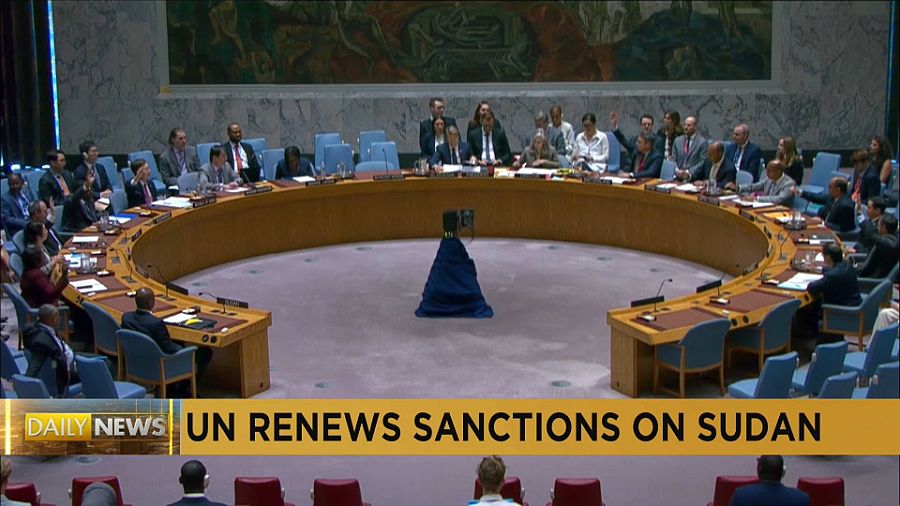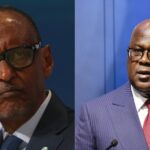By Judy Maina
NAIROBI, Kenya— The United Nations Security Council voted on Friday to renew sanctions on South Sudan, extending the arms embargo and targeted measures for another year, citing concerns over the country’s stalled peace process and ongoing violence.
Resolution 2781, introduced by the United States, passed with nine votes in favor and six abstentions from China, Russia, Algeria, Pakistan, Sierra Leone, and Somalia. The resolution extends the arms embargo, as well as travel bans and asset freezes on individuals and entities, until May 31, 2026.
It also prolongs the mandate of the Panel of Experts assisting the South Sudan Sanctions Committee until July 1, 2026.
The Security Council emphasized its readiness to review the sanctions, including potential modifications or lifting, contingent upon South Sudan’s progress on key benchmarks outlined in Resolution 2577 (2021). These benchmarks include the implementation of the 2018 revitalized peace agreement, the formation of a unified national army, and preparations for credible elections.
U.S. Deputy Ambassador John Kelley welcomed the renewal, stating, “Escalating violence in recent months has brought South Sudan to the brink of civil war.
The extension of the arms embargo and targeted sanctions is necessary to stem the flow of weapons and encourage progress in the peace process.”
However, several council members expressed reservations. Russia’s representative argued that the sanctions hinder the implementation of the peace agreement and security reforms, stating,
“The issue of easing Security Council sanctions on South Sudan is long overdue.” China echoed similar sentiments, emphasizing the need to support South Sudan’s sovereignty and development.
South Sudan’s Ambassador to the U.N., Cecilia Adeng, criticized the decision, asserting that the sanctions impede the country’s efforts to achieve peace and create security vulnerabilities.
“The cost of sanctions is being borne not only by the government but by ordinary citizens.
These measures create barriers to growth, delay developments, discourage foreign investment, and leave the state vulnerable to non-state actors and outlaws,” she said.
The renewed sanctions come amid escalating tensions in South Sudan, including recent unrest in the Upper Nile region involving clashes between government forces and local militias.
The 2018 peace agreement, which aimed to end years of civil war, has faced numerous challenges, with key provisions yet to be fully implemented.
The Security Council has requested the U.N. Secretary-General to conduct an assessment of South Sudan’s progress on the peace benchmarks by April 15, 2026, in consultation with the U.N. Mission in South Sudan and the Panel of Experts.
South Sudanese authorities are also expected to report on their progress by the same date.





